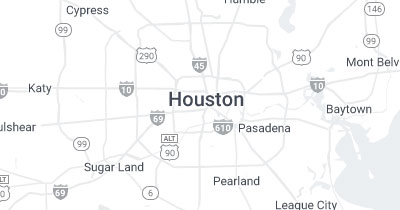Myelopathy
Myelopathy is an injury to the spinal cord due to severe compression that may result from trauma, congenital stenosis, degenerative disease or disc herniation. The spinal cord is a group of nerves housed inside the spine that runs almost its entire length. When any portion of the spinal cord becomes compressed or constricted, the resulting symptoms are known as myelopathy.
As you age, inflammation, arthritic illness, bone spurs and the flattening of the spinal discs between the vertebrae can put pressure on the spinal cord and the nerve roots. Myelopathy typically develops with the gradual degeneration of the spine (spondylosis), but it can also take an acute form or stem from a spine deformity present at birth.
- Neck, arm, leg, or lower back pain
- Tingling, numbness or weakness
- Difficulty with fine motor skills
- Difficulty walking.
- Issues with balance and coordination
- Loss of bladder or bowel control, in rare cases.
Your doctor will look at X-rays of your back if he or she suspects you have spondylolisthesis. X-rays will show if any of the vertebrae in your back have fractures or cracks and have slipped out of place. You could also have a CT scan or an MRI to pinpoint the damage and help guide treatment.
Treatment for myelopathy can be either surgical or non-surgical procedures. Spinal decompression surgery is a common treatment for myelopathy to relieve pressure on the spinal cord. A surgery can also be used to remove bone spurs or herniated discs if they are found to be the cause of myelopathy.




